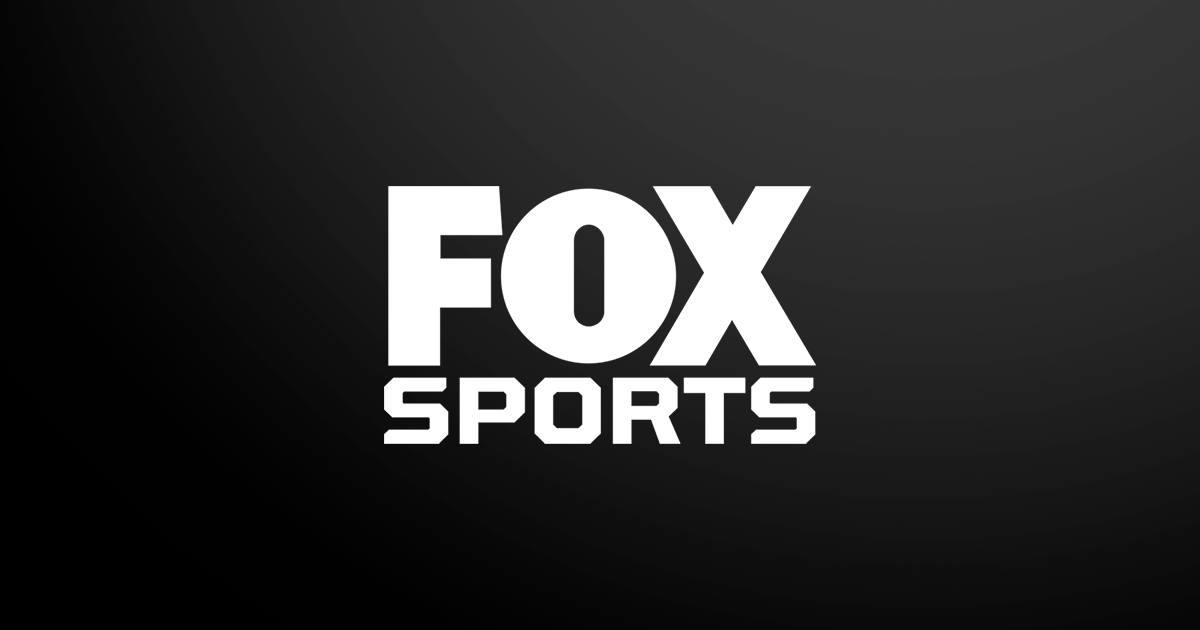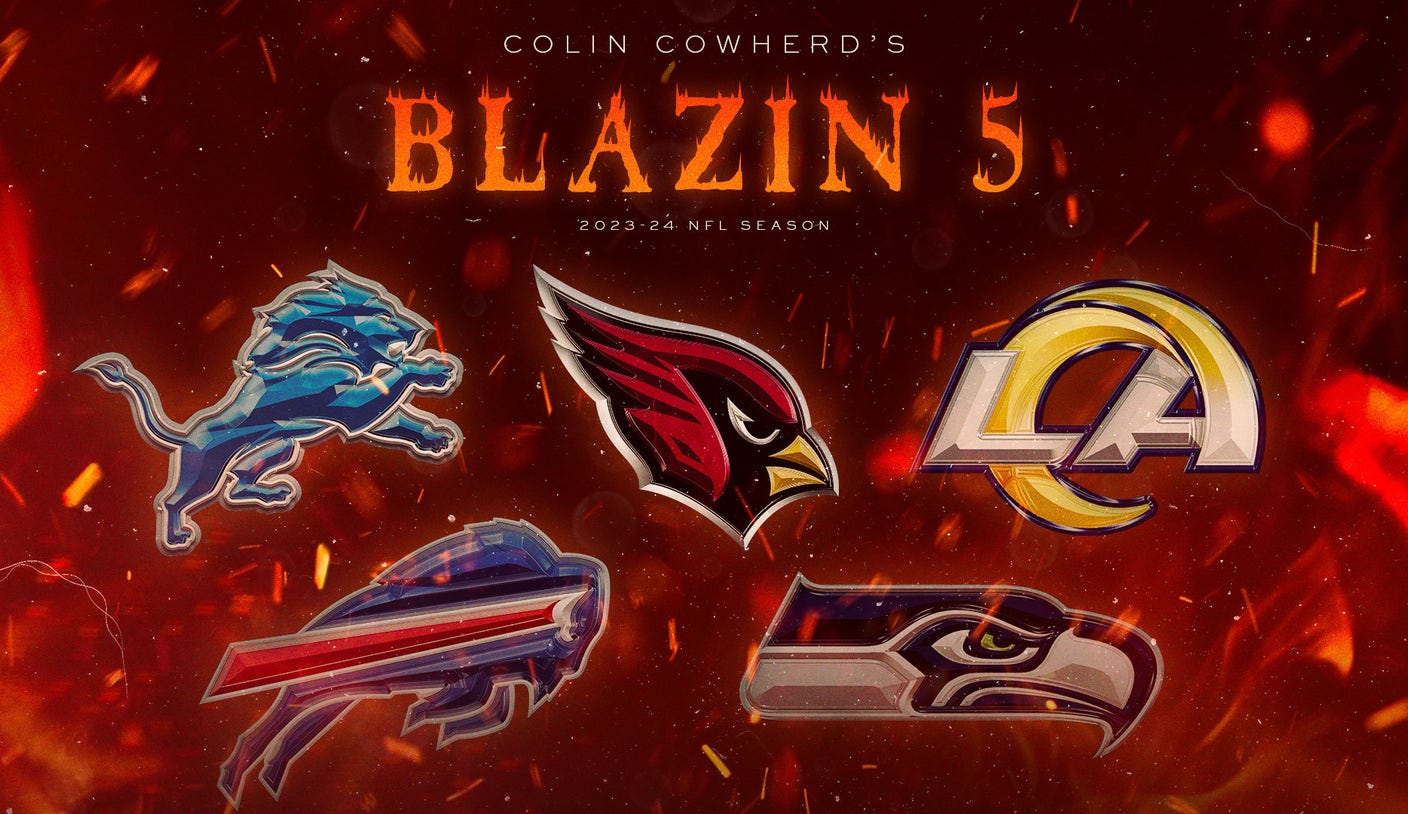
They tried to fill the void, they really did: Wimbledon, the men’s Cricket World Cup and even football tournaments like the Fifa Women’s World Cup and the Copa America. For brief periods, they even succeeded. But, for every football bettor (and operator), nothing quite matches the return of the English Premier League.
Despite having other events such as the Fifa Women’s World Cup to help revenue tick over this summer, the Premier League’s resumption was as timely as ever for sportsbooks across the world in August.
In many ways, it will be a case of “same again, please” for suppliers and operators this term, as players wager on outright markets, individual matches, accumulators and in-play action. Going into the 2019/20 campaign though, there will be a few notable differences.
From advertising to Video Assistant Referees (VAR), Gambling Insider walks you through what to expect from the current season.
In the UK, the most eye-catching change for betting companies is a tale of less rather than more. In December 2018, the Industry Group for Responsible Gambling (IGRG) confirmed it will implement a whistle-to-whistle ban on all televised betting adverts during pre-watershed live sport.
The voluntary ban, which came into play at the start of this season, saw IGRG members refrain from advertising five minutes before kick-off until five minutes after it finishes.
Further measures include the banning of betting ads around highlight shows and re-runs, and preventing bookmakers from sponsoring sports programs pre-watershed.
John Hagan, Chair of IGRG, previously said: “The gambling industry is responding positively to public concerns about the amount of gambling advertising on television before the watershed.
“We believe this is itself a watershed moment as we strive to provide the ever-safer gambling environment which gambling consumers and the wider public expect, which is so important to the future success and sustainability of our industry.”
Interestingly, you will still find the same adverts, often starring Ray Winstone, on UK television during the build-up to matches.
However, the ban should have an impact when it comes to reducing in-play exposure, potentially also stopping bettors from trying to chase any losses with further in-game wagers. How much of an impact the ban will have is intangible, as it is difficult to quantify exactly how many players bet directly due to an offer seen in an advert; it is safe to assume anyone likely to wager will already have scrolled through the odds on offer on their pre-downloaded sportsbook apps.
From a regulatory perspective though, the policy may have provided UK operators with some much-needed respite, saving them from any remote chance of heading in the direction of Italy, where there is a blanket ban on gambling advertising. Belgium has also put heavier advertising restrictions in place (albeit mainly aimed at online casinos), while there is currently a growing conversation in Norway and Spain over betting adverts.
Another topical Premier League issue is gambling sponsorship, with two major operators causing a little bit of a stir in the market during pre-season, despite neither company currently sponsoring the shirts of a Premier League club. GVC Holdings and Paddy Power (owned by Flutter Entertainment) took a definitive stance against shirt sponsorships in the summer, prompting a mixed reaction from the overall gambling sector.
GVC donated 42 football sponsorships to GambleAware, although industry insiders suggested this approach was more of a PR stunt than anything else. GVC owns some of the biggest brands in the sector and surely can’t make many further gains from mainstream UK sponsorship. Enforcing this theory, GVC-owned Bwin extended its partnership with Spanish La Liga team Valencia to include shirt sponsorship, where it perhaps has less market share and is not so restricted by regulations.
Elsewhere, Paddy Power’s “Save Our Shirt” campaign gained even more publicity. It even led to a charge of misconduct for English Championship football club Huddersfield Town, after the club was deemed to have breached the Football Association’s (FA) kit and advertising regulations.
Huddersfield unveiled a new kit in July, which featured a large Paddy Power logo in a sash across the front, prompting scathing criticism. The kit was worn in a pre-season friendly, before being revealed as part of a stunt that would launch the Paddy Power campaign calling for the removal of gambling shirt sponsorship in football.
Paddy Power then confirmed this season’s Huddersfield kit would not include its logo. The operator has agreed similar deals this season to “unsponsor” the shirts of English League One’s Southend United, English League Two’s Newport County and Macclesfield Town, and the Scottish Premiership’s Motherwell.
However, the additions serve only to inflate Paddy Power’s profile, ultimately making the operator’s “unsponsorship” a sponsorship in all but name.
Premier League clubs themselves have taken more positive approaches, with several partnering or continuing to partner with operators. There was a record deal for Betway with West Ham United, ManBetX signed with Wolverhampton Wanderers and Crystal Palace and Sportsbet.io became the first ever crypto-currency sportsbook shirt sponsor of a Premier League team with Watford.
A number of other partnerships, including Dafabet, Fun88, SportPesa, LoveBet, M88 and W88 showed an eagerness to sponsor outside Paddy Power and GVC. But none of them courted as much attention as 32Red for a sponsorship just below the Premier League.
That deal will see former Manchester United striker Wayne Rooney wear the number 32 shirt when he joins Derby County in January as part of the club’s partnership with 32Red. The Kindred Group-owned operator already sponsored the English Championship team’s shirt going into the 2019/20 season. The new agreement though sees the brand extend its partnership to include the shirt number of the ex-England international.
GVC CEO Kenny Alexander reacted to the news with scorn. “This is an industry that has been under a fair amount of attack for 12 months and longer,” he said. “There is a huge debate around problem gambling.
“The industry has got an image issue and that is just a complete own goal. There are some people for whom it is destructive. The industry needs not to shoot itself in the foot.”
When it comes to additions on the pitch, one introduction is sure to be worth consideration from traders across the industry. While VAR is now familiar to many through the Uefa Champions League and international tournaments, 2019/20 is the first season in which the Premier League has adopted the system. VAR’s implementation has added a number of layers to the trading process. Markets may be suspended for longer as decisions take place, while friction will have to be reduced if a player’s betslip has been boosted by a goal – and then hindered by the removal of said goal.
Beneath it all, there could be new opportunities for bookmakers. Kindred Group-owned Unibet already offers money back as a free bet if VAR overrules the referee and a player goes on to lose their wager. How long before operators get noticed for more creative offers involving VAR-specific markets?
The technology has received plenty of attention and discussion from football pundits so far this season. For traders, it is no doubt something to keep at the forefront of any innovative thinking, as well as the new rule changes introduced in the Premier League, such as any goal being ruled out if a handball was involved in the build-up, no matter whether it was intentional or not.
In many ways, there will be a greater focus on manual trading than automated systems, with less data available on VAR decisions when it comes to machine-learning algorithms. Operators and suppliers alike will also have to consider how quickly they suspend a market and for how long: will they do so as soon as a goal is scored, wait until a referee has clearly signalled for VAR or somewhere in between?
Our final major focus ahead of the new Premier League season is nothing new, although still a subject which will attract increasing attention throughout the campaign. With so many established operators now focusing so many resources on responsible gambling, and with so much attention being placed on problem gambling across the world, it is not a subject any gambling company – new or old – can afford to ignore.
A case in point is five of the UK’s major gambling firms pledging to the UK Government an increase in the money they contribute to help those with gambling addictions. William Hill, Ladbrokes Coral (owned by GVC), Flutter Entertainment (previously known as Paddy Power Betfair), Stars Group-owned Sky Bet and Bet365 all announced they are going to do more.
A spokesperson on behalf of the CEOs of all five operators said: “We have engaged constructively with the Government on safer gambling measures, including an increase in voluntary funding for research, education and treatment. We will continue to engage on the issues and will consult with all relevant stakeholders on this to understand how best to achieve our shared aim of minimising the impact of gambling-related harm.”
UK bookmakers previously offered 0.1% of gambling profits per year, amounting to £10m ($12.1m). They have collectively pledged this will increase to 1% across the next five years. On a darker note, a recent episode of BBC documentary Panorama explored online problem gambling, while several individual cases of operators exploiting those with addictions have recently been publicised in newspapers.
While there exists a clear bias in the reporting of these issues, operators will have to be aware there is a huge mainstream focus on problem gambling now more than ever; especially where there are clear examples of misconduct. There will be no escaping it this Premier League season.



